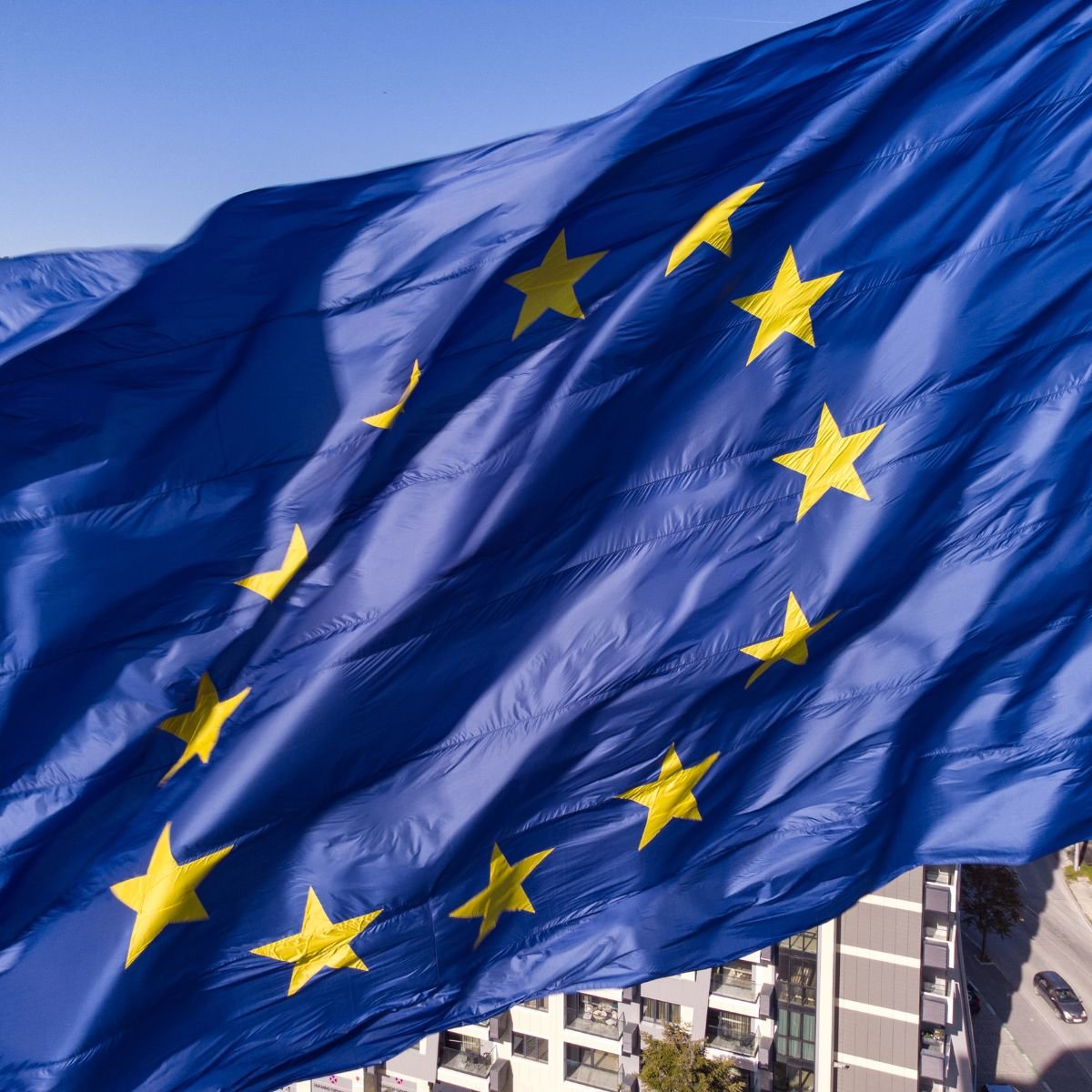Many organisations acknowledge that identifying and addressing negative impacts in their value chain is essential, yet internal discussions often stall at the same point. Without concrete, financially grounded insights, teams can find it difficult to secure resources, prioritise efforts, or engage decision‑makers effectively.
The 'Omnibus Simplification Package' presented by the European Commission on 26 February 2025 is designed to reduce administrative burdens for businesses and citizens within the European Union. This Package aims to simplify existing regulations, streamline procedures, and enhance transparency to improve the European business environment and stimulate economic growth. For entrepreneurs, this means less complex compliance requirements.

Impact House
Making Human Rights Risks Measurable: The Value Chain Cost Assessment

Sustainability
From reporting to progress
Sustainability reporting is becoming increasingly important. Not only because of the arrival of guidelines such as the Corporate Sustainability Reporting Directive (CSRD) and voluntary standards such as VSME.

Omnibus
Simplified CSRD and CSDDD: what do the new European rules mean for your organisation?
On Tuesday 16 December 2025, the European Parliament adopted key decisions to reduce the scope of sustainability regulations (CSRD and CSDDD). For entrepreneurs, this means less complex compliance requirements.

Sustainability
The Life Science VC Sustainability Initiative released its 2026 benchmark questionnaire for investors
The Life Science VC Sustainability Initiative, now representing 28 leading Life Science General Partner Investors, continues to advance a unified approach to sustainability across the European Life Science investment community. Supported by Impact House by Grant Thornton, the Initiative has launched its 2026 ESG questionnaire, now available for free download.

Legal Services
SFDR 2.0: A Simplified Framework for Sustainable Finance, Recognition of Impact Investing
The European Commission’s revised Sustainable Finance Disclosure Regulation (SFDR 2.0), published on 20 November 2025, introduces a major restructuring of the EU’s sustainable finance framework.

Impact House
Future-proofing your value chain amidst an uncertain regulatory landscape
On 13 November, the European Parliament voted to significantly reduce the obligations and scope of the Corporate Sustainability Due Diligence Directive (CSDDD) and Corporate Sustainability Reporting Directive (CSRD). This means it is likely that the European institutions will adjust the regulatory requirements for businesses in the field of sustainability. Many are left wondering what exactly is expected of them in terms of their value chain. This uncertainty causes many companies to freeze, waiting for the fog to clear.











